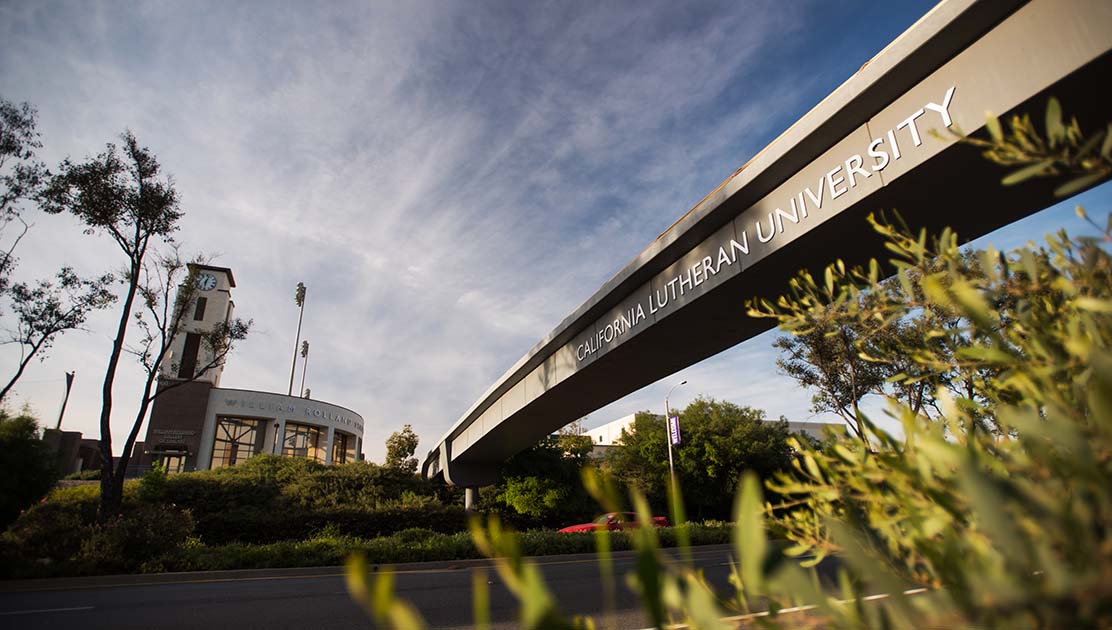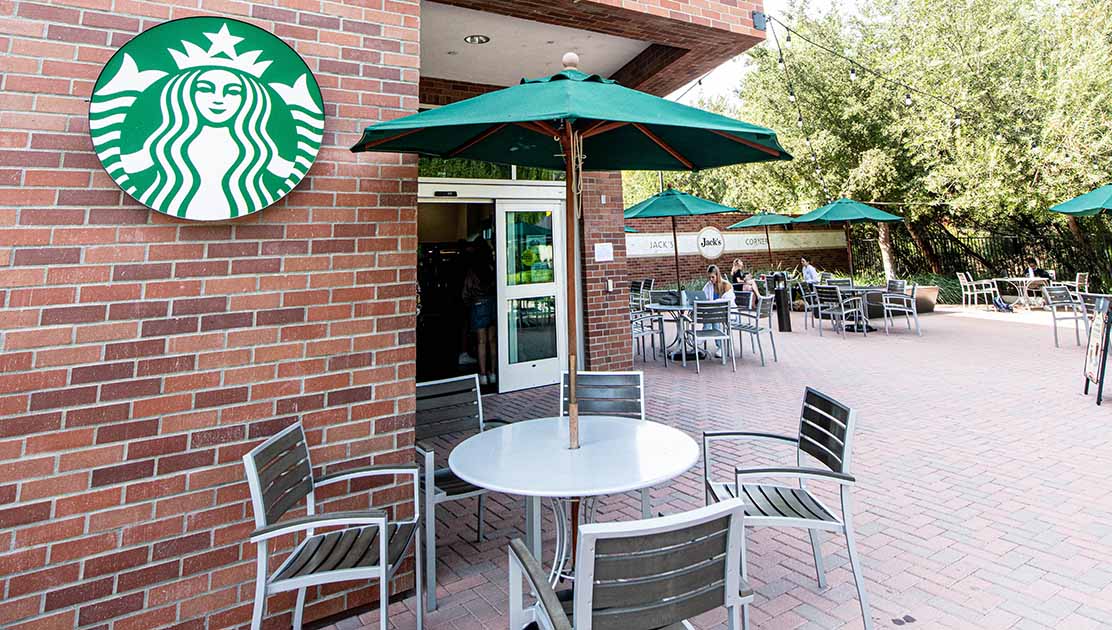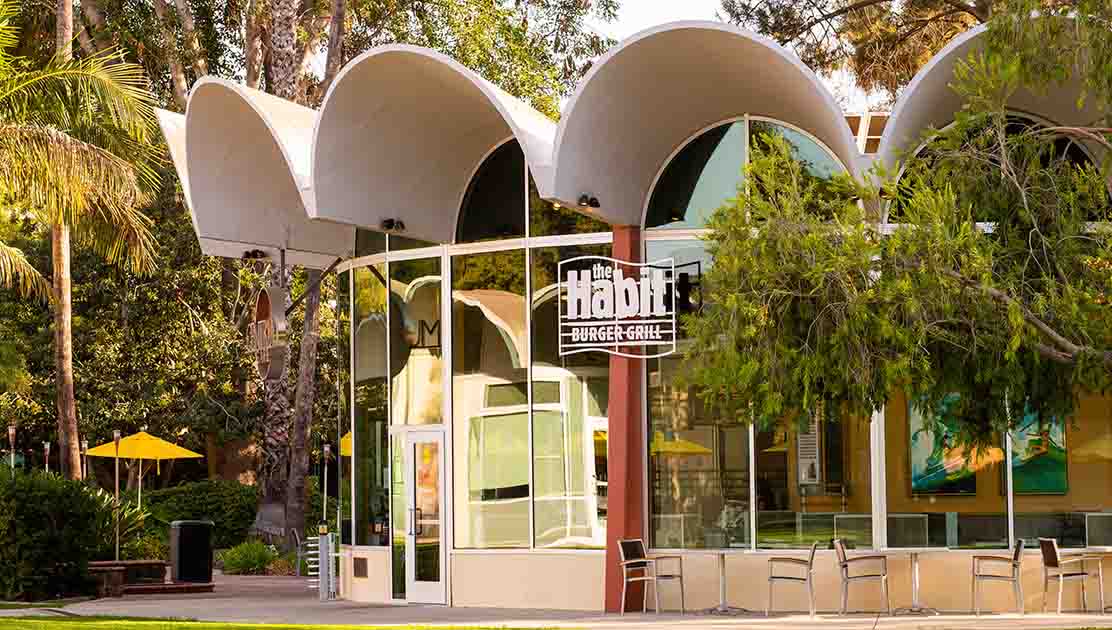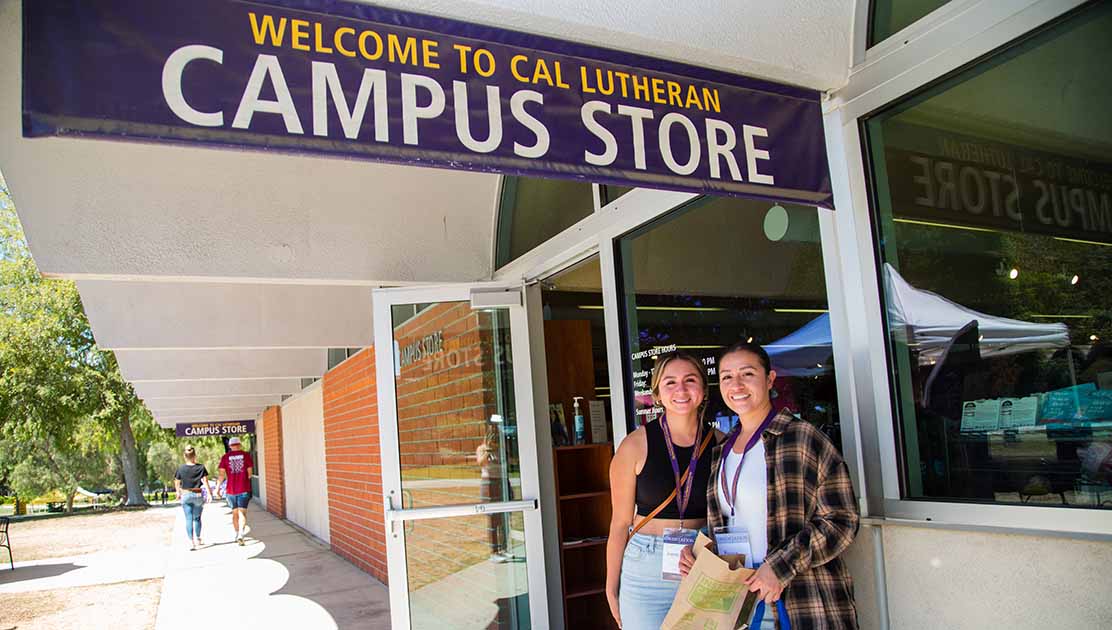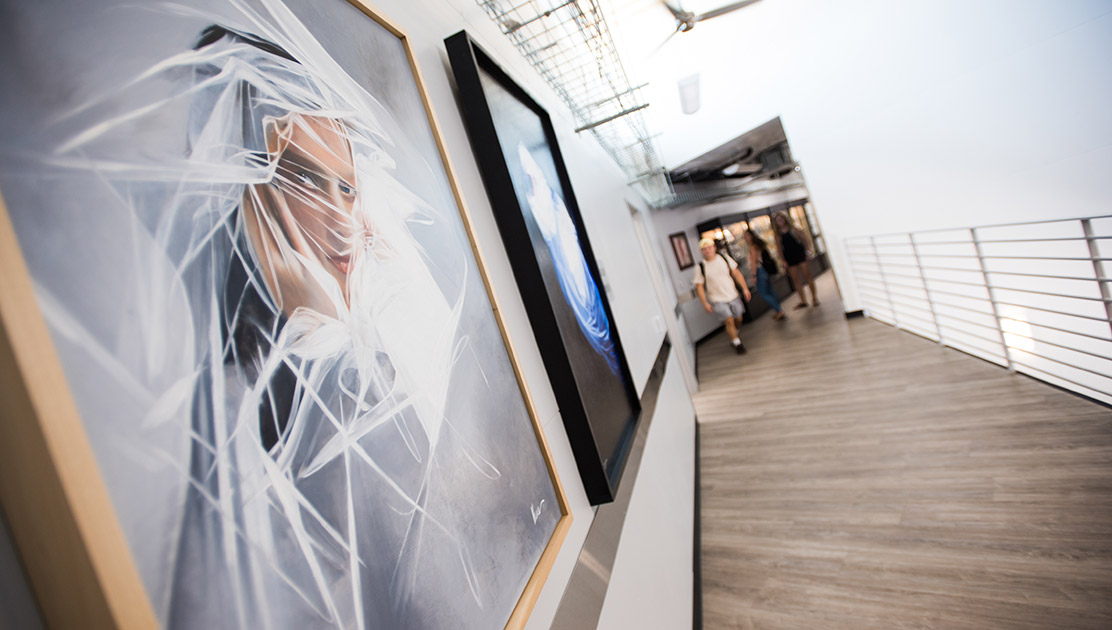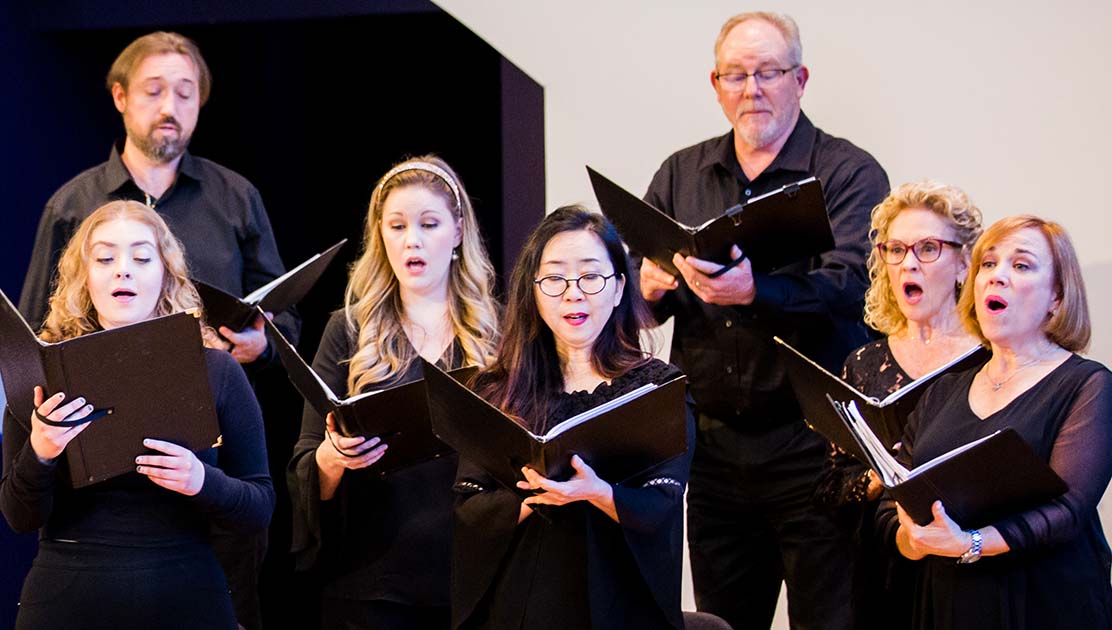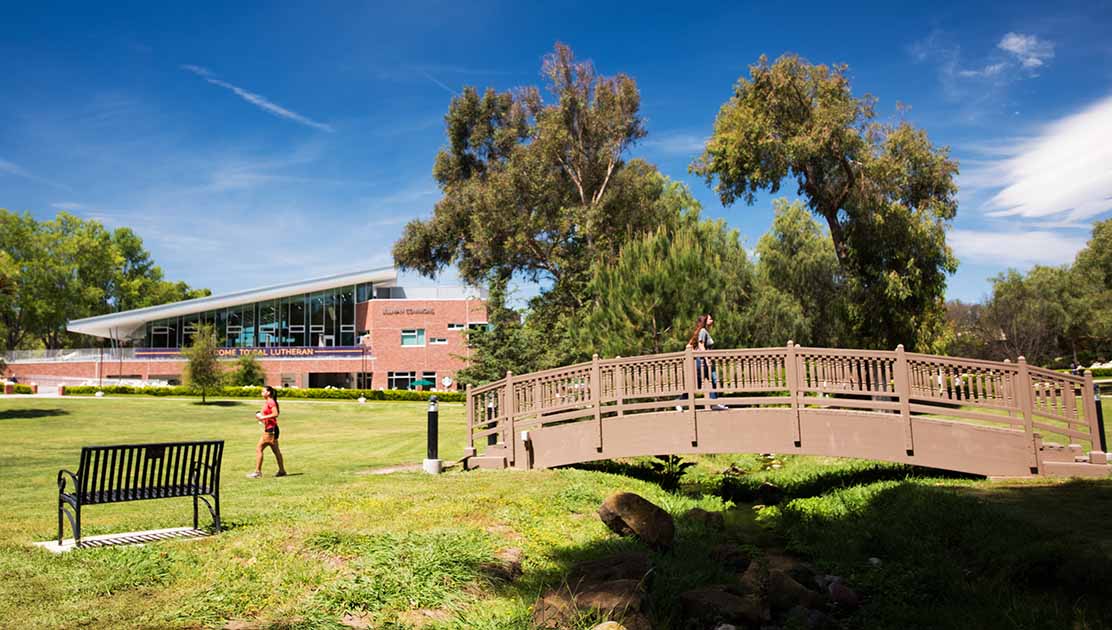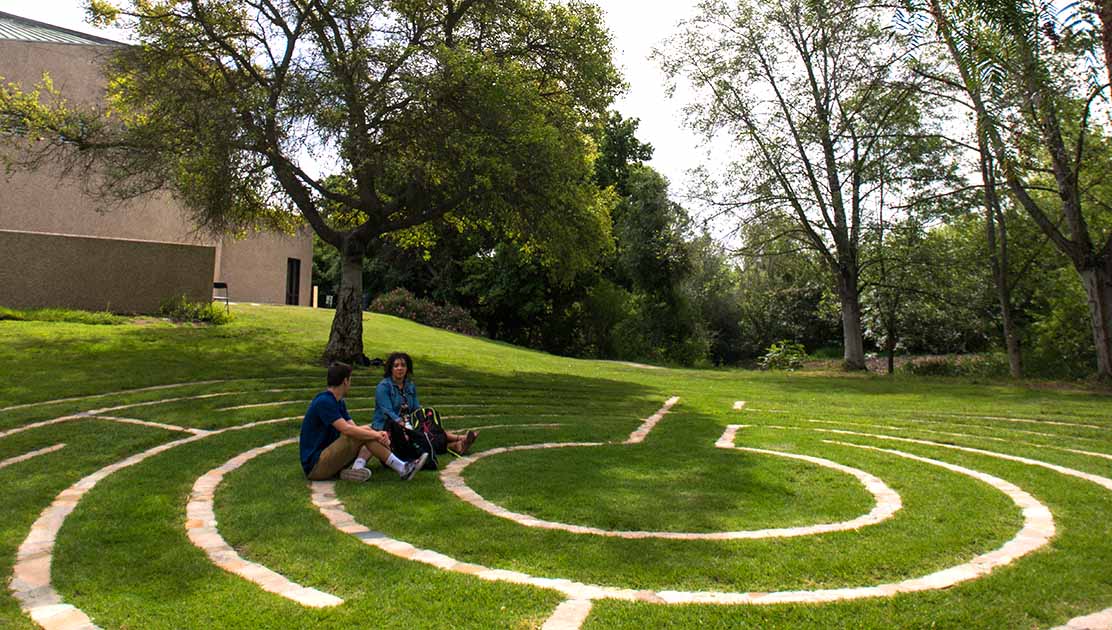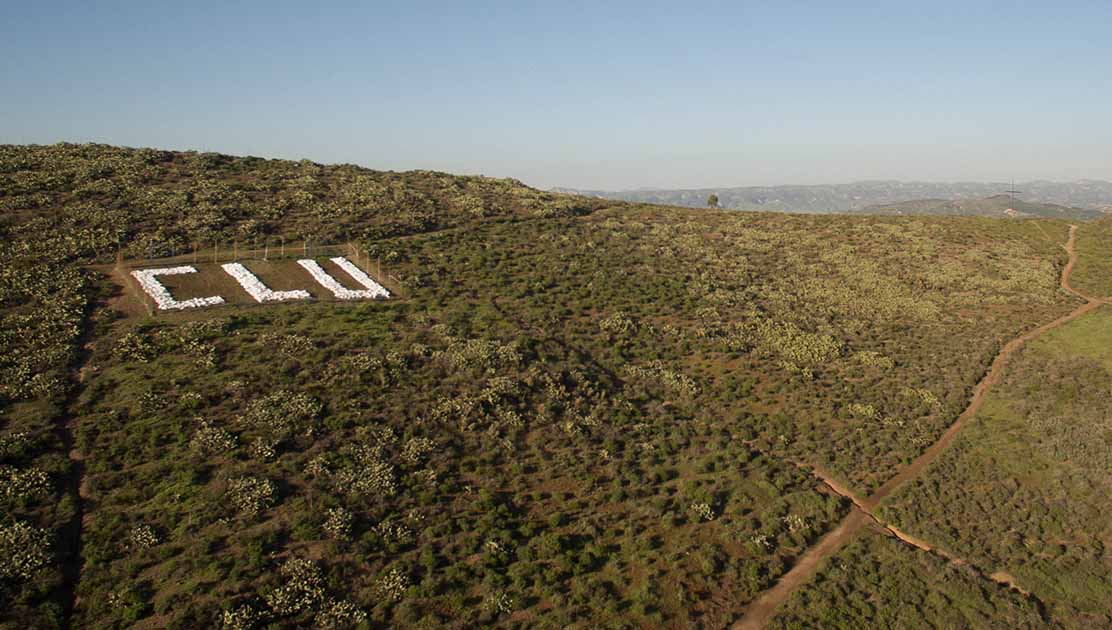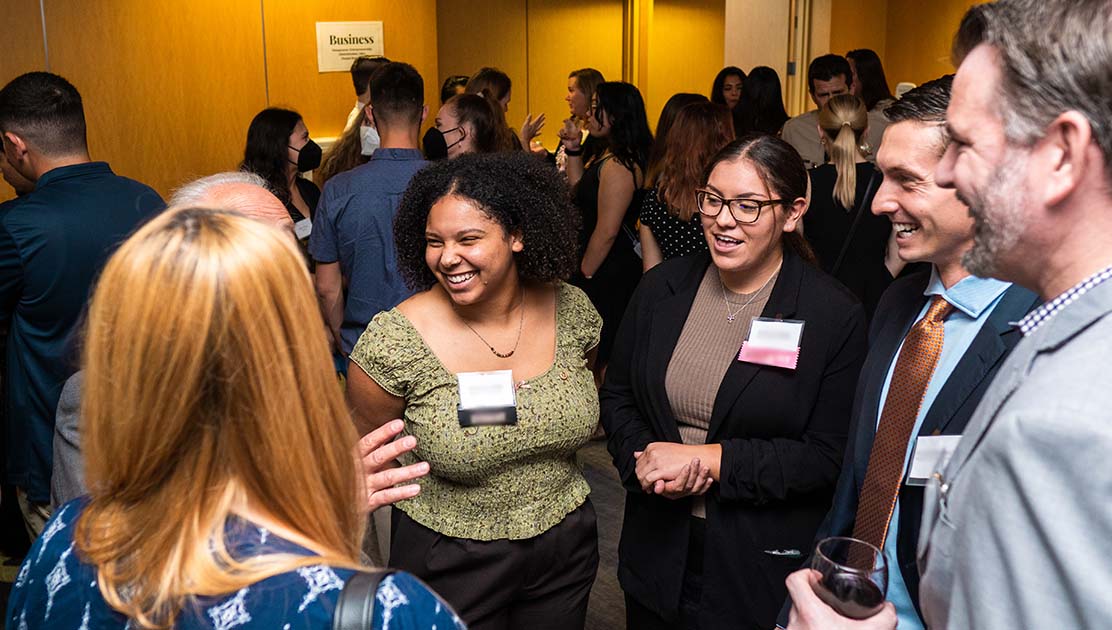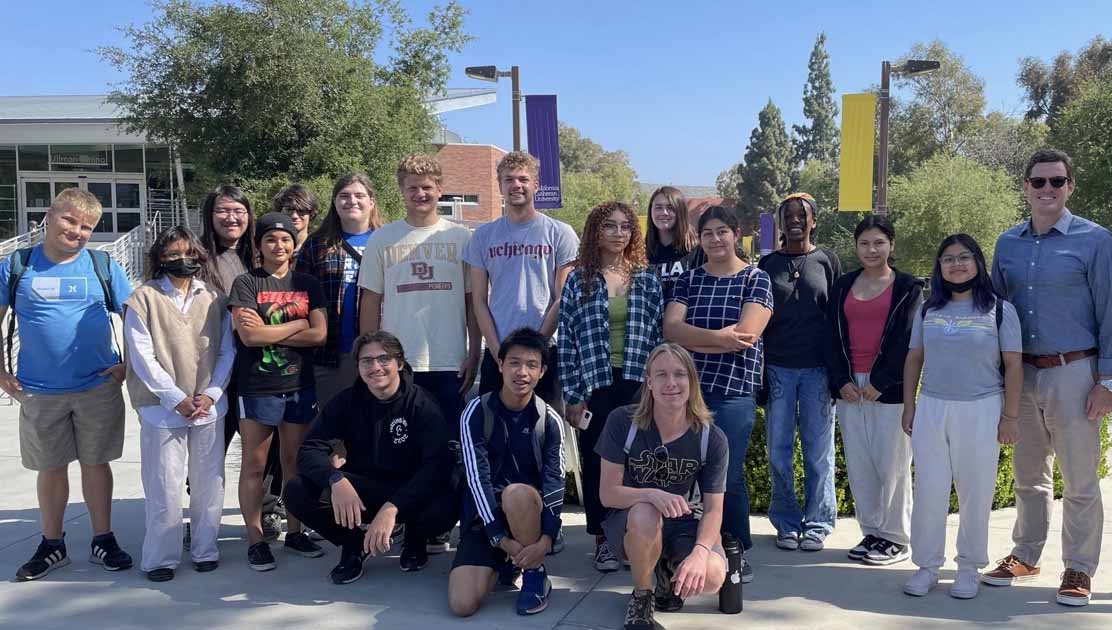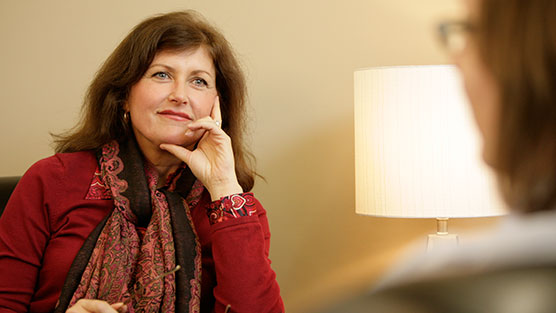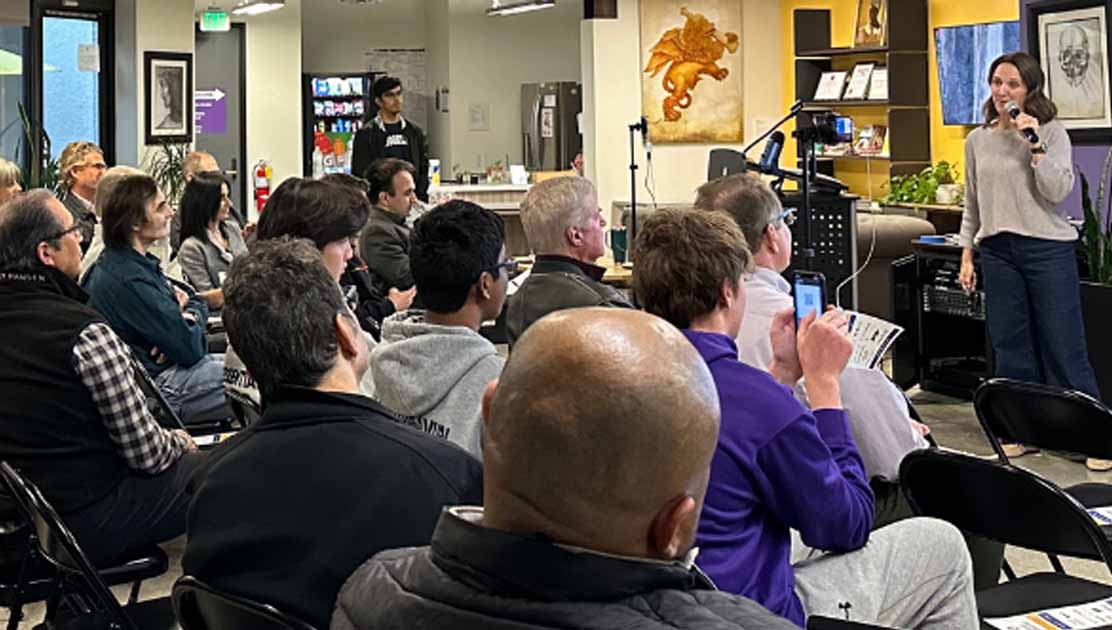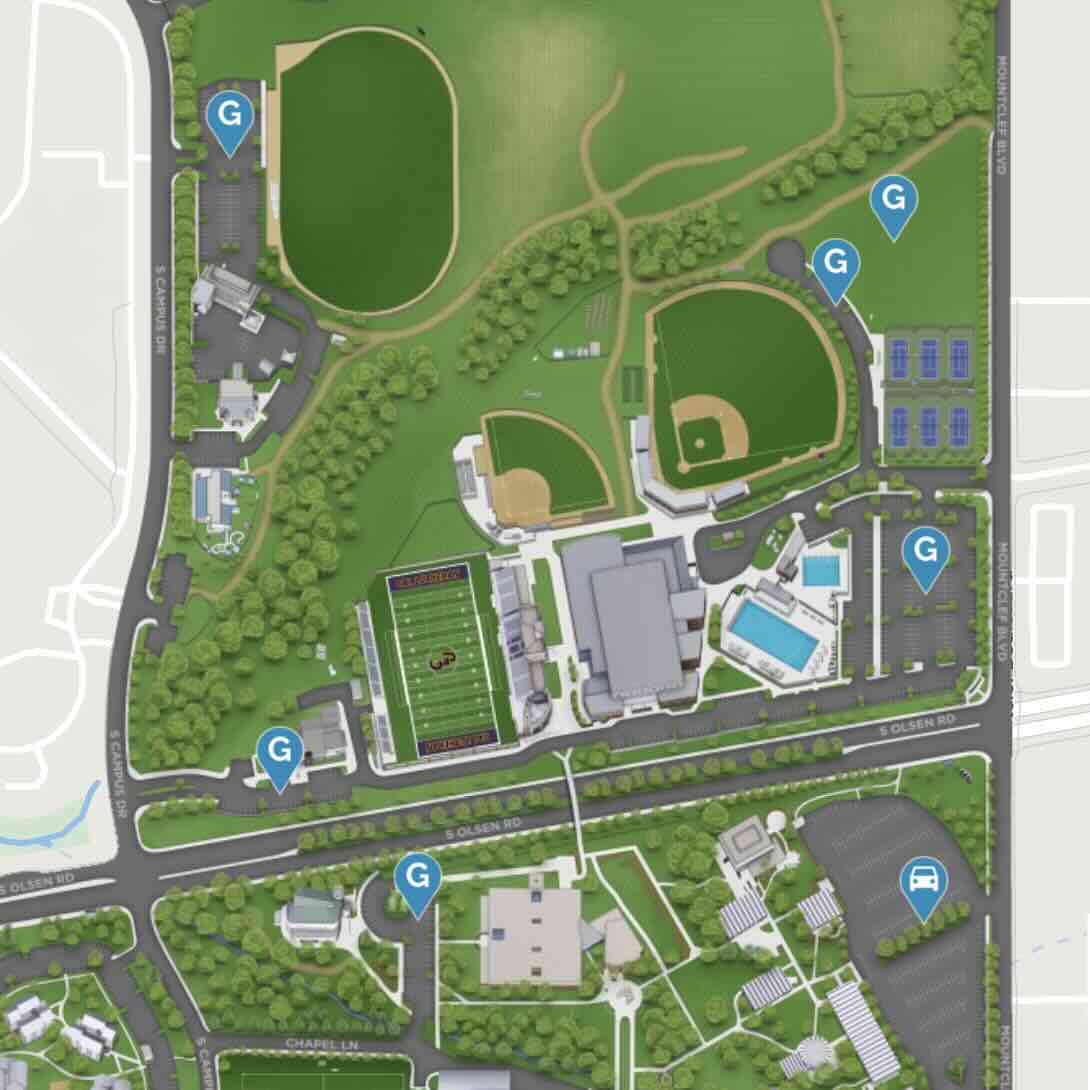For Our Community Members
A place to feel welcome, connect, and be part of Cal Lutheran.
Cal Lutheran is shaped by the people around it — neighbors, alumni, families and local leaders.
This page is designed to help you visit, connect, and get involved with the campus and our programs. Whether you’re here to attend an event, explore a partnership, or simply learn about us, we’re glad you’re part of the community.
Explore the many ways to engage with Cal Lutheran
Are you a local business? See how we can help
Events and Activities
Cultural Arts Calendar
Lectures, exhibitions, discussions and more.
Kingsmen and Regals Athletics
Catch our live competition in NCAA Division III events.
Summer Camps
Youth summer options in academics, athletics, and performing arts.
Chapel Services
Weekly services are open to the local community — all are welcome.
Explore Life on Campus
Cal Lutheran offers more than just classrooms — it’s a vibrant place where community
members can relax, connect, and enjoy everything from cozy coffee spots to inspiring
art and live performances. Whether you’re here for a quick visit or looking to make
the campus a regular part of your routine, there’s always something to discover.
Food and Shopping
Starbucks
The perfect spot to grab a coffee, take a walk through campus, or meet up with a friend. A little caffeine and the energy of campus go a long way.
The Habit
From charburgers and milkshakes to salads and fries, The Habit offers a full menu and plenty of outdoor seating to relax.
Jamba Juice
Refreshing smoothies made with real fruit and good ingredients — ideal for a mid-day pick-me-up or post-walk treat.
Campus Store
The Campus Store is more than a bookstore, with Cal Lutheran gear, school supplies and snacks available.
Need to ship something swiftly? We offer services in liaison with the United States Postal Service, United Parcel Service, and Federal Express.
Visual and Performing Arts
Galleries & Collections
Modern galleries that showcase student, faculty, and guest artwork — open to all who want to experience creativity on campus.
Student Ensembles
Choir, mariachi, symphony, and more. Our student performers bring spirit and talent to events throughout the year.
Areté Vocal Ensemble
Areté is an innovative professional ensemble of vocal artists that performs works from all periods of music history.
Performing Arts
Enjoy campus theatre productions or catch a summer evening performance under the stars at the Kingsmen Shakespeare Festival.
Outdoors and Fitness
If you're looking for great ways to soak up the Conejo Valley sun, you've come to
the right place. From our state-of-the-art fitness center to acres of greenspace ready
for your enjoyment, Cal Lutheran has all your nature and exercise needs covered.
Level Up Your Leadership Skills
Join our Community Leaders Association to share your passions for local educational, cultural, and economic development.
Benefits of Regular Membership:
- Free admission to most Cal Lutheran theatre and musical productions, lectures, and athletic activities
- Opportunity to join the Gilbert Sports and Fitness Center on campus
- Receive information from our Calendar of Events and CLU Magazine
Services and Community Outreach
Children and Youth
Childcare Services
Fredrickson Family Early Childhood Center is a welcoming space that offers quality learning experiences for young children and support for families in a nurturing environment.
Autism Center
Resources and support for students with autism and those who care for them — focused on inclusion, communication, and lifelong learning.
Philosophy Academy
SoCal Philosophy Academy encourages critical thinking and dialogue through pre-college philosophy workshops, public talks, and hands-on learning for youth.
Literacy Support
California Reading and Literature Project offers programming to benefit teachers, schools, and districts, as well as summer camps for K-8 students.
Public Centers
Counseling Services
Community Counseling Services offers affordable, high-quality therapy offered at two local sites — with bilingual services available for individuals, couples, and families in need of support.
Lifelong Learning
Center for Lifelong Learning offers a host of non-degree educational opportunities, including the Fifty and Better program for members of our community who are 50 years of age and older.
Innovation and Entrepreneurship
Steven Dorfman Center supports emerging and established entrepreneurs through events, mentorship, and resources that spark creative thinking.
Economics of Social
Issues
Center for Economics of Social Issues explores how economic research can address pressing social challenges — from public health to human rights — with impact across our region.
Did You Know?
Our award-winning station brings you NPR programming along with in-depth local news coverage you won’t hear anywhere else.
Engage With Cal Lutheran
Stay connected, watch what’s happening, and be part of the conversation.
Visiting Campus
We would be glad to welcome your visit to campus. Visitors may park without a permit in any “G” Lot or in the Chapel parking circle at any time.
If you're planning to park near the academic buildings during weekdays between 9 a.m. and 7 p.m., you'll need a visitor parking permit to park in the “Academic Core.” Outside those hours — or in loading zones — no permit is needed.
Residence hall parking is reserved for students and restricted to visitors.
